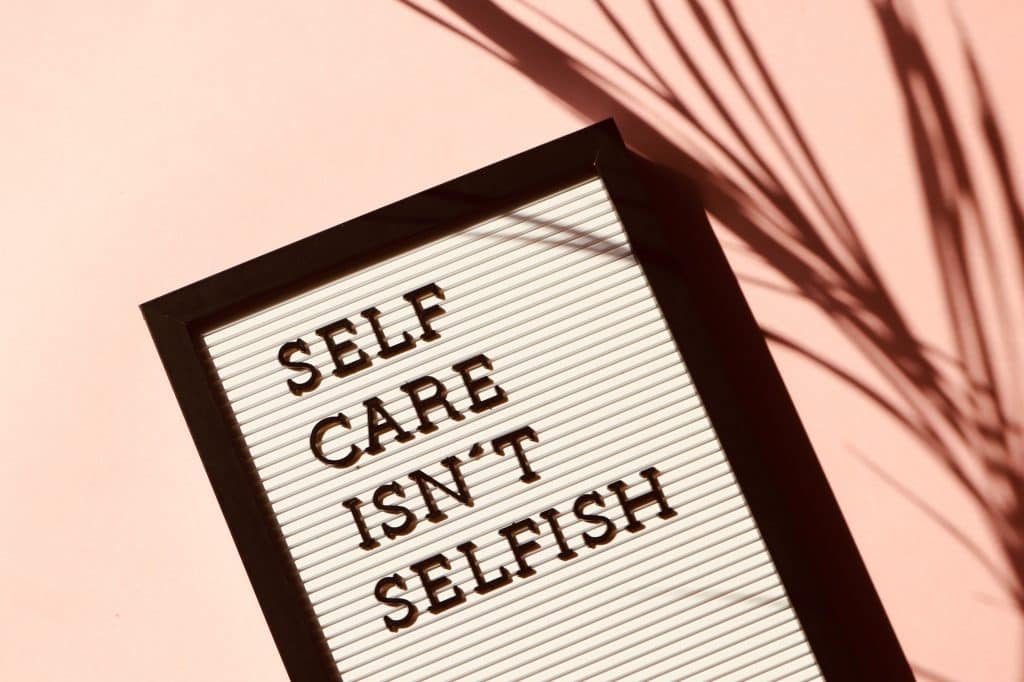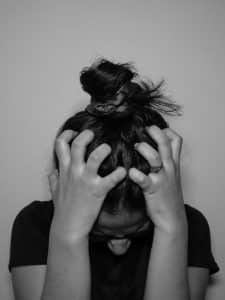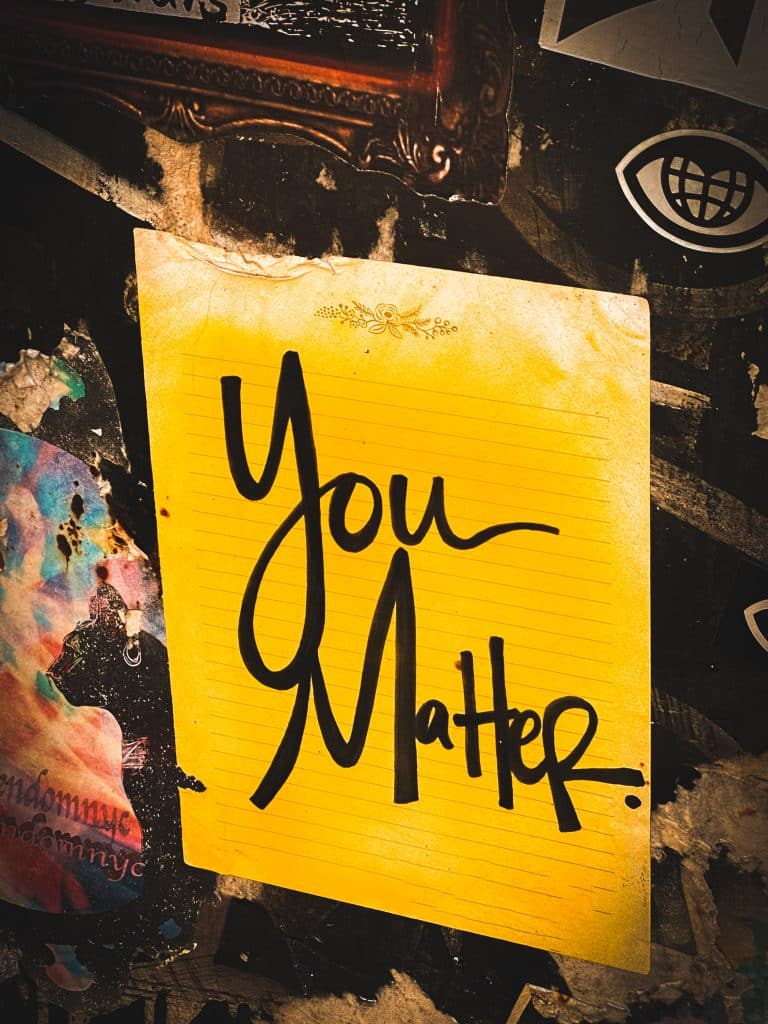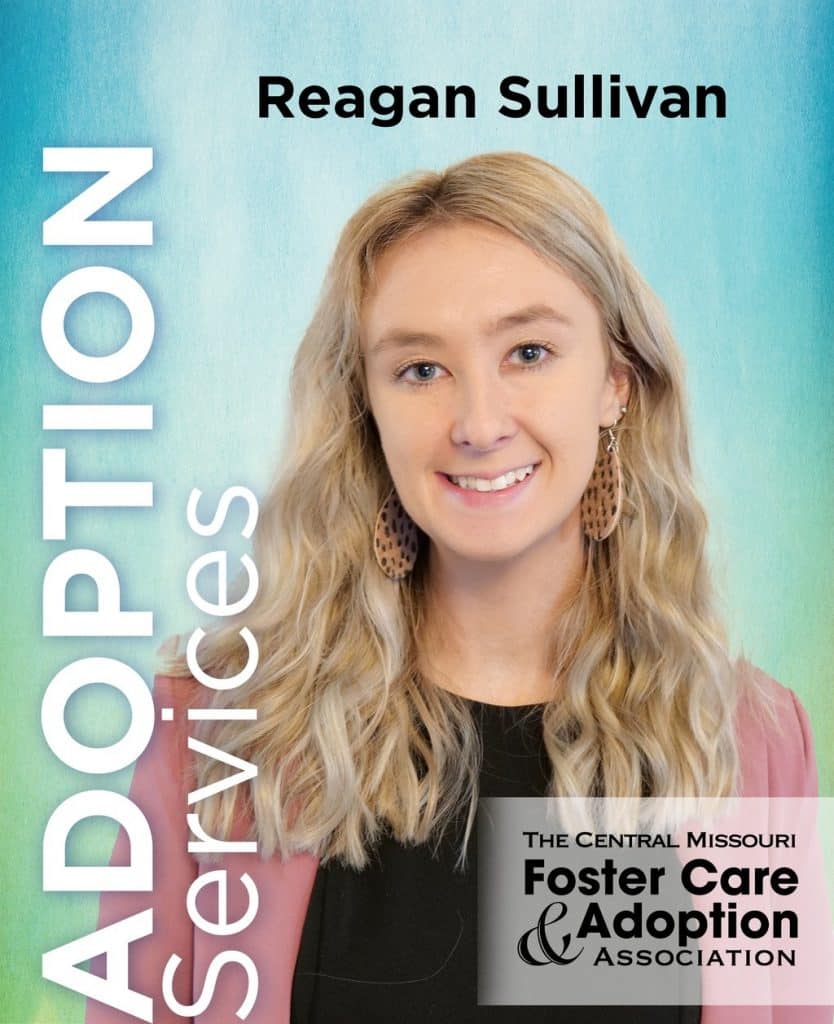Therapy is for everyone
I have to be honest with you all, I used to hate the idea of therapy. The idea of having to admit to someone else that I can’t do it all myself sounded AWFUL. The thought of digging up all of the emotions I had been working so hard to suppress or ignore seemed too difficult and truly like a terrible time. Plus, spending time and money on myself when there were plenty of other things to get done just felt selfish.
And, my life has never been THAT bad. I didn’t think that my problems were ever “severe” enough to need therapy. Seeing a therapist, in my head, was reserved for those with serious mental illnesses, individuals with very traumatic experiences, or people trying not to go “crazy.” All I knew for sure was that it definitely wasn’t for me. Besides, those therapists didn’t have time for my silly little problems and what could they even offer me that I couldn’t do for myself?
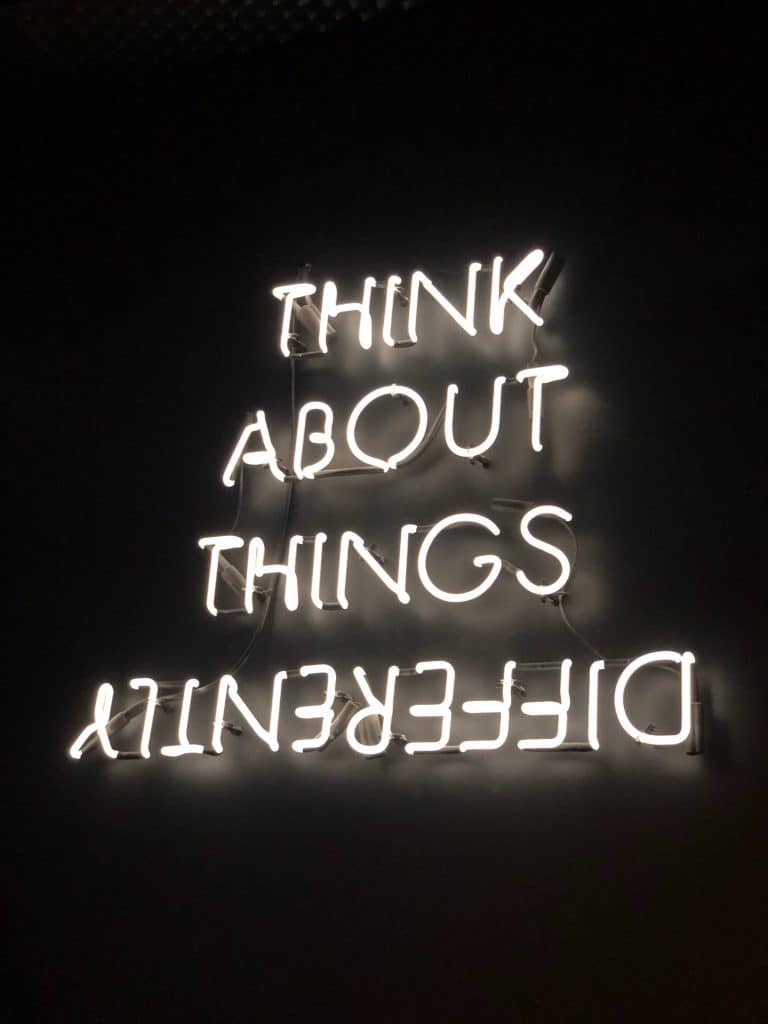
But, then I experienced therapy. I went because I realized that my issues were becoming too much to process on my own and knew it was time to seek help. But looking back, I wish I would’ve had the knowledge, confidence, and courage to seek help sooner. I realized that therapy truly is for everyone and that I didn’t have to have the world’s biggest problems to be worthy of going. Therapy was an incredibly empowering, validating, and educational experience. It was not belittling, it didn’t make me feel like “a crazy person,” and I didn’t feel weak. I actually finished therapy feeling quite the opposite.
How does therapy actually feel?
Talking to someone about my life challenges, no matter how big or small, allowed me the space to say what I was truly thinking without judgement or repercussion. Unlike talking to a family member or friend, a therapist will hear you out before they speak. They will let you sit in silence while you think through and explore your thoughts. Therapists don’t offer their opinion or tell you what you “should do”.

Going to therapy also granted me the ability to get over some difficult events or thoughts, and I was able to better myself because of it. I took control of my life and my emotions and I actually felt stronger than I had ever felt before. I learned how to shake some things off, how to process what I couldn’t shake, and how to move forward from it without it weighing on me. My perspective on getting help for my mental health really started to change.
Therapy used to seem like this big doomy thing that you only did once you had given up. And who wants to give up? Who wants to be seen as a quitter? But then after my first couple of sessions and feeling so incredibly validated and encouraged, I kind of stopped caring what society said, what the stigma might say, and what other people thought of me. Somehow, it was like I was finally able to focus on myself and my needs and truly put myself first. And, I had the permission to do so.
What does therapy look like?
When you go to therapy, you typically first start with an intake session. This is where the therapist works to gather information about you and context on your situation. Then, they create a game plan on how to move forward with a treatment plan and goals. It is a chance to establish a relationship before diving in. Then, you go back for another session and you get to say what you are comfortable opening up with. The therapist might guide you a bit by asking some questions about what you would like to talk about during the sessions or what you would like to gain from therapy. You get to choose and set the boundaries. And then, you talk.
But, not talking like when you call your best friend on the phone and rant for an hour, or when your mom comes over and you sit on the couch and talk about the kids for a while. Talking with a therapist is a chance for self-reflection, an opportunity to reach your own conclusion. Therapy serves as a way to navigate your feelings and situations without worrying that what you say will hurt someone’s feelings or add further weight to them. And, to really get the most out of this, you have to be totally and completely honest with yourself. Like, more honest than you have ever been in your life. This alone can be incredibly difficult.
Why would I actually go to therapy?
Therapists are also totally outside of the situation, so they are able to see things in a different way than you can or do. This can help you to gain a different perspective and consider things you previously hadn’t. I’m not saying that the therapist knows better or that they are smarter than you, because they aren’t. No one knows you like you know you. A therapist is simply someone to help you navigate. Kind of like you have your own map, but the therapist knows how to translate it in a way you can better understand.
Therapy can be a form of self-care. Again, it is a chance to just focus on you in an unbiased, safe setting. You can let out all of your worries, frustrations, and emotions without being guilted or shamed. Doesn’t that sound refreshing?
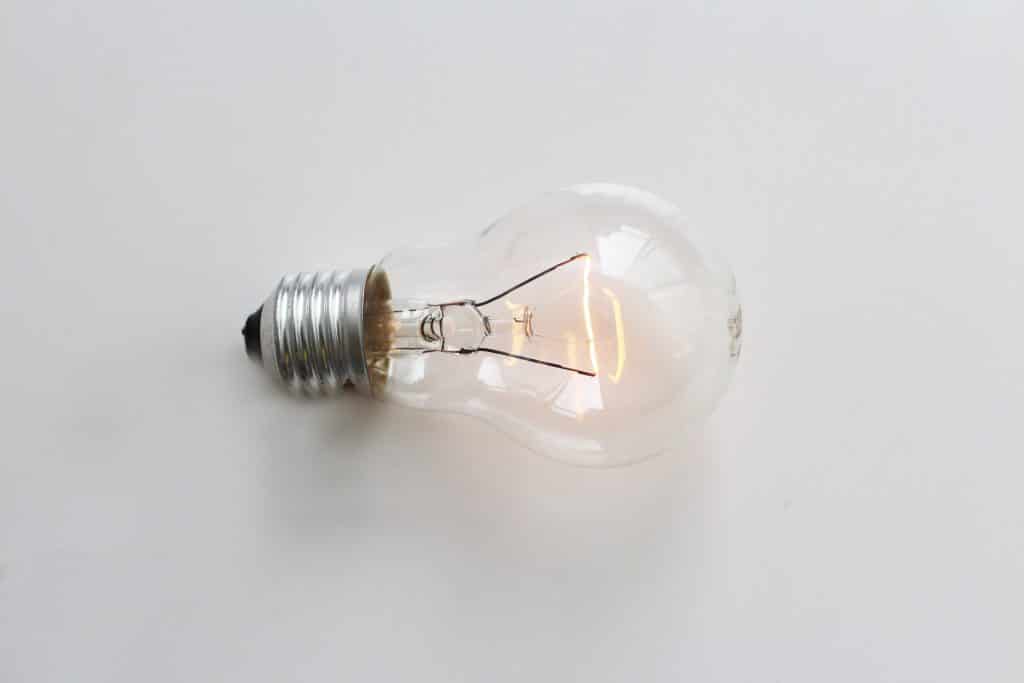
You can learn skills that last a lifetime. Even going to just a couple of sessions can be enough to learn a new coping skill that you hadn’t ever considered, didn’t know how to use, or maybe you just weren’t sure how to implement into your own life.
It can help your relationships. By spending time on yourself and working on growth and self-improvement, you create more space in your heart and mind to be there for those that matter most to you. Not to mention, by working to improve your own mood or reduce stress, it could spread the positivity and good vibes to those around you.
CMFCAA’s Advocacy Team
Please remember, this is my own perspective. Unfortunately, not everyone has the same experience with therapy. Additionally, different techniques of therapy or styles used by therapists can make it feel less like a conversation. If you have questions about what therapy could look like for you or your foster/adoptive/kinship kiddos, please reach out. We would love to talk with you more about what therapy can look like and how it can help you.
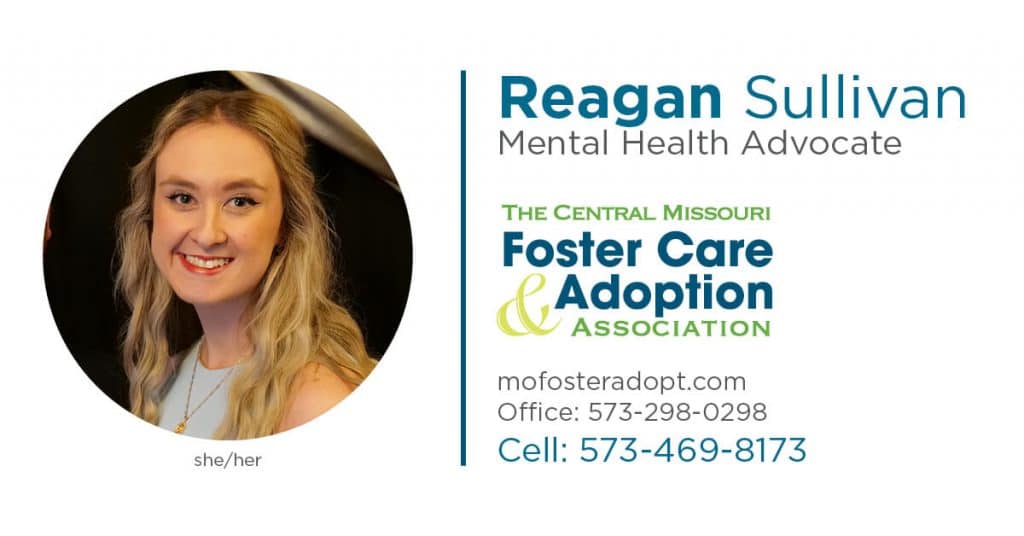
**This is not to be considered professional advice. Please seek help with a professional licensed counselor or social worker to find what works best for you and your family.**

